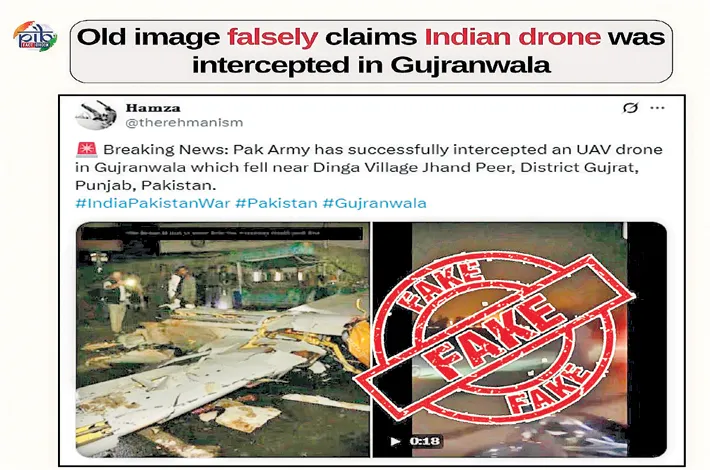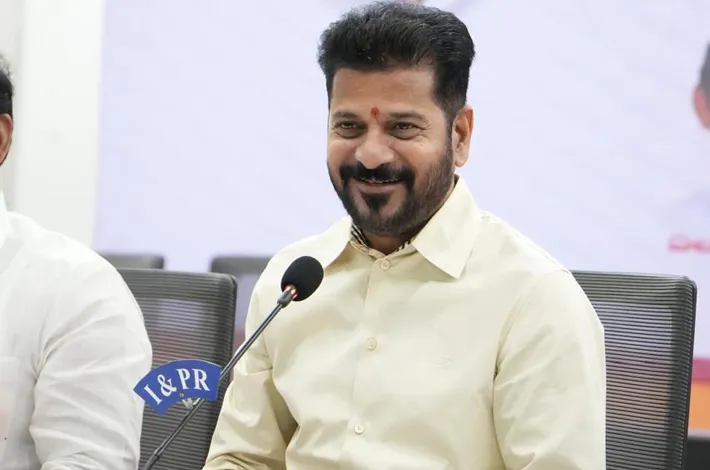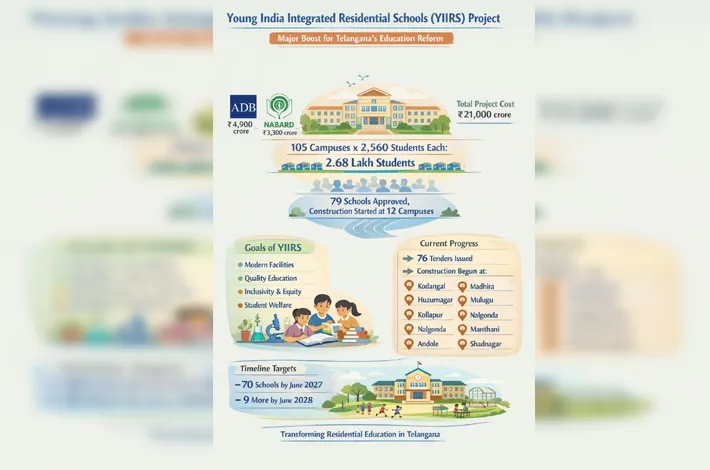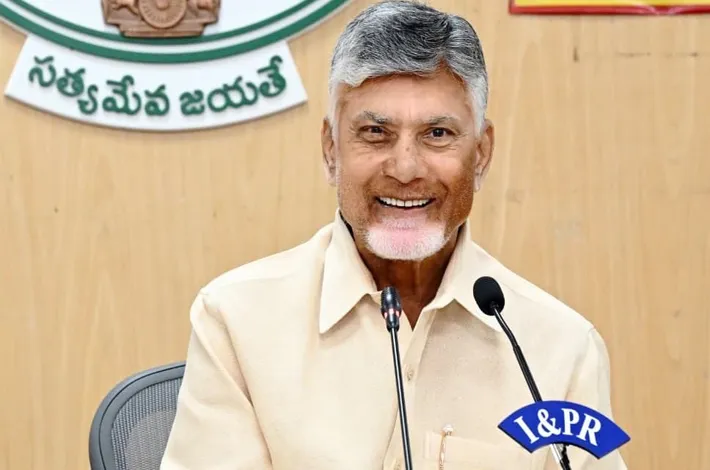From airstrikes to algorithmic disaster - the real war is on our small screen
11-05-2025 12:00:00 AM

But this wasn’t just the work of propaganda networks or bot armies. What’s truly alarming is how common, unaware, misinformed, or already biased social media users became active players in this flood of falsehoods.
metro india news I new delhi
In the wake of India’s air strikes on nine terror facilities across Pakistan and Pakistan-occupied Kashmir on the night of May 6–7, social media didn’t just light up, it exploded with toxic misinformation. Even before official details could be confirmed, the digital space was hijacked by a barrage of false information, outdated and doctored videos, all masquerading as “breaking ground zero visuals” from the strikes.
But this wasn’t just the work of propaganda networks or bot armies. What’s truly alarming is how common, unaware, misinformed, or already biased social media users became active players in this flood of falsehoods. Recycled videos from Syria, Gaza, Ukraine and other places and unverified footage were repackaged and shared as scenes from the India-Pakistan escalation. Video game footage even made its way into the mix, while dramatic music and captions turned misinformation into viral content. This is not just a platform problem; it's a people problem.
Fuelled by emotion, bias, prejudice, and hyper patriotism, ordinary individuals have become unaware and misinformed foot soldiers in a digital war over social media platforms. The sheer volume of fake content being circulated, often without malicious intent, but with real consequences, shows how deeply vulnerable our digital society has become.
And amid all this, social media platforms continue to prioritise reach and engagement over truth and responsibility. Their failure to moderate in real time, verify trending content, or label misleading visuals due to the enormous volume is enabling this digital disaster.
However, regulation cannot come only from the top. It must start with us. Self-regulation is no longer optional. In a hyper connected, high-stakes information ecosystem, every user has the power to calm or inflame a crisis. Before hitting “share,” they must ask: Is this real? Is it verified? Is it necessary to post? The right to express oneself must come with the responsibility of ascertaining.
Unchecked, this behaviour is more than irresponsible, it’s dangerous. We are watching truth decay, public trust erode, and social divisions widen in real time. This is a wake-up call. The physical war may be confined to borders, but the information war is everywhere, and we are all combatants, whether we like it or not.
If we do not draw the line and continue to let algorithms and anger lead the conversation, we are not only losing grip on the truth, we are actively sabotaging it. The battle for facts is now a fight for our collective sanity. Let’s not become the enemy we’re trying to defeat.
(Pratyush Ranjan is the head of PTI Fact Check and Digital Services at the Press Trust of India)








